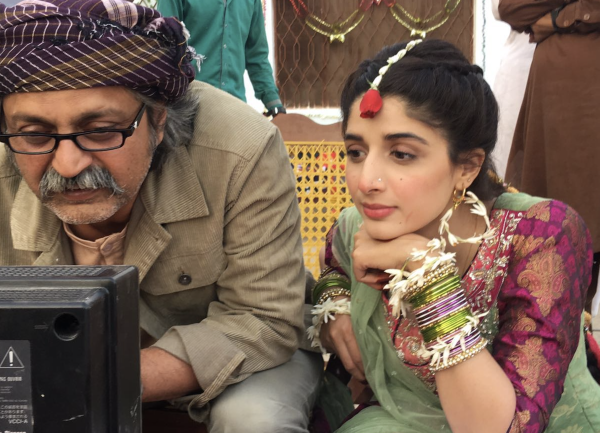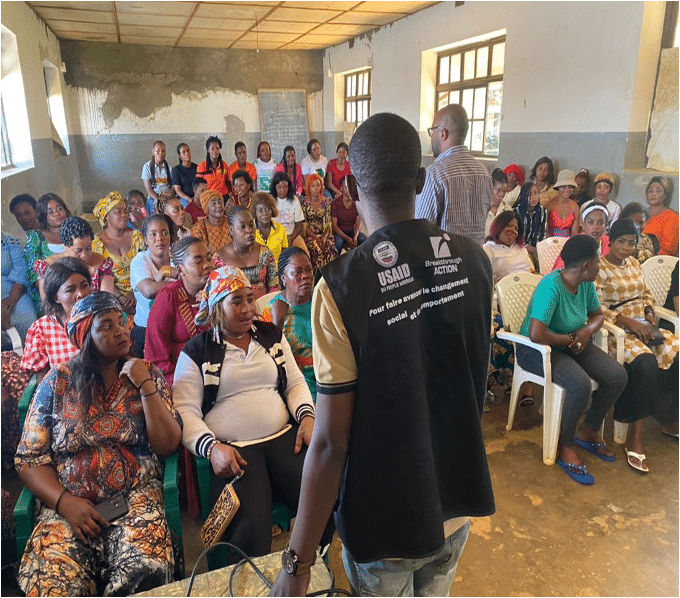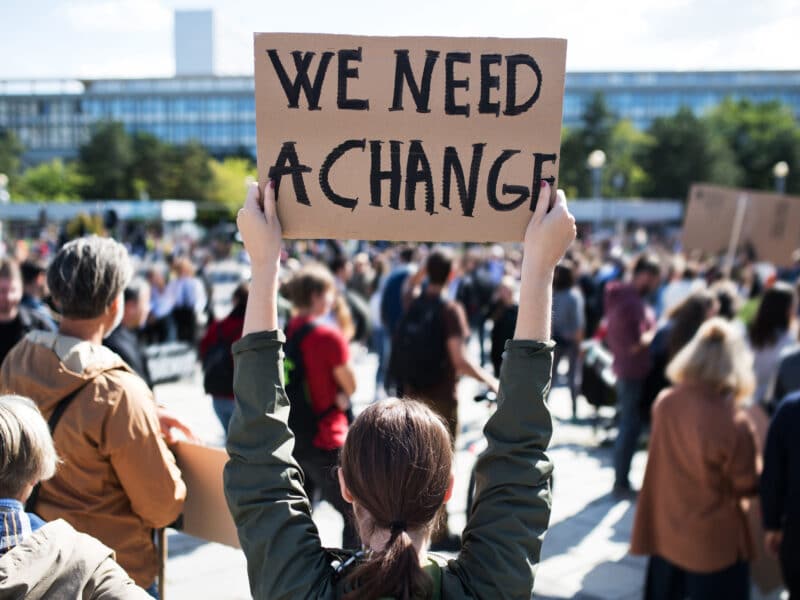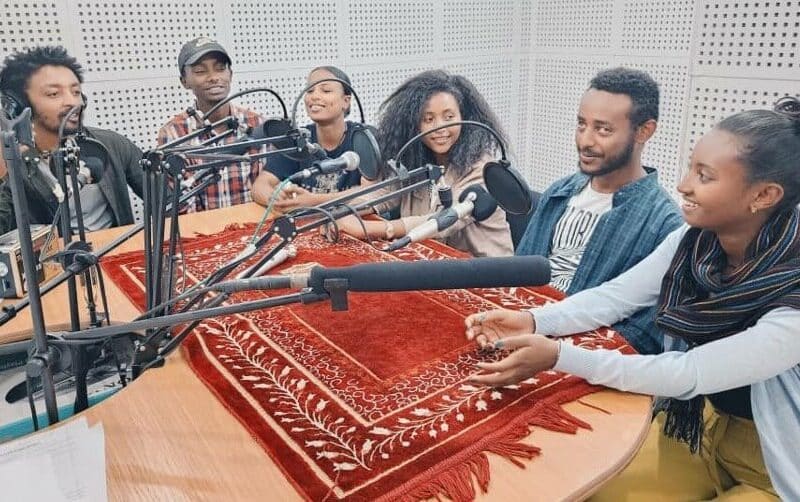Hailed by critics and viewers alike, the Pakistani television drama Sammi was called a “stand out” by the English-Language publication The News on Sunday, while the website Hip In Pakistan called it the show “no one should miss.”
But this popular series was more than just entertaining. Sammi uses engrossing characters and engaging storytelling to raise awareness of social issues and prejudices rarely discussed in mainstream Pakistani society – with the ultimate goal of encouraging behavior change.
This kind of programming is known as entertainment-education and is a staple of the kind of work the Johns Hopkins Center for Communication Programs (CCP) does to inspire healthy behaviors worldwide. Health and social messages are carefully and intentionally integrated and woven throughout the storylines as characters model positive (and negative) behaviors in compelling ways. Characters can inspire audiences to engage in new thinking and change the perception of what is considered normal and socially acceptable behavior.
Research has shown that viewers who tune into a program can “try on” the behaviors they see on screen and may be more likely to adopt them in their own lives.
Over the course of 21 episodes, Sammi was seen by as many as 3.5 million viewers per airing and an average of 800,000 people have watched each episode on YouTube. The drama depicts the harmful effects of a society that values men and sons over women and daughters. The show confronts issues such as the financial strain and health risks caused by a lack of family planning. It also focuses on the harmful effects on families that prefer sons to daughters, compelling viewers to consider and discuss these deeply rooted but outdated and harmful traditions and customs.
“Sammi is the journey of different female characters that rise above traditional and social barriers, and find within them the courage to claim their rights and end their silent suffering,” says the drama’s director Saifee Hassan, famous for his previous work in Pakistan media. “Sammi raises (the) curtain on several social issues such as the heinous crime of vani, the ignorance of maternal and child healthcare and female inheritance laws.”
The very first episode confronts vani, an archaic and illegal custom still prevalent in some areas of Pakistan in which a young girl is forcibly married as part of the punishment for a crime committed by her male relatives. Sammi, a young girl living in a traditional village, is horrified when she is given by her family to a man old enough to be her father. While technically illegal in Pakistan, vani is still used in some places and is a stark representation of the value society places on the lives of men over women.
Sammi also tackles some of the underlying and deeply rooted social and gender norms of a society where discrimination against women is acceptable, and where traditional, cultural and religious practices impact the acceptance and practice of healthy behaviors surrounding family planning and maternal and child health, including visiting health clinics and adopting modern contraceptive methods.
Although Sammi escapes being married off per the custom of vani, the episode’s frank handling of this rarely-discussed issue not only captivated fans of television dramas, but started conversations on social media about the rights of women and girls. One fan on Twitter commented that “we need more dramas like #Sammi to spread awareness about (important) issues that exist,” while another thanked Hum TV, the network that aired Sammi, for “highlighting the darkness of our society.”
Sammi aired its last episode on June 25, 2017, although it is now being translated from Urdu into three other languages in order to be shown on regional channels. The 21-episode drama was produced by the Johns Hopkins Center for Communication Programs, in partnership with the Center for Communication Programs Pakistan, MD Productions and Hum TV, a 24-hour network in Pakistan. It was supported by the USAID-funded Health Communication Component and the DFID-funded Empowerment, Voice and Accountability for Better Health and Nutrition project.





